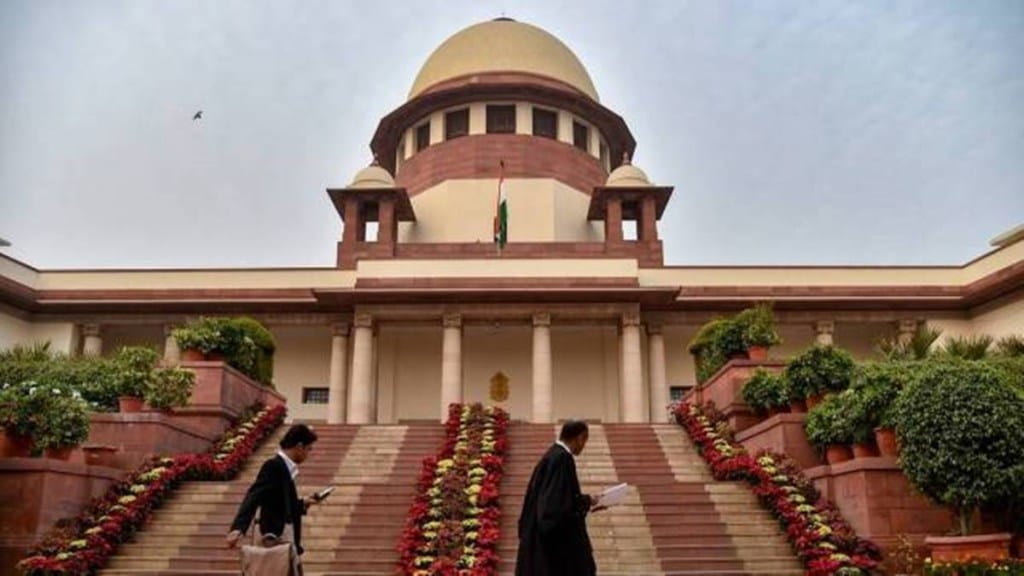The Narendra Modi government on Monday informed the Supreme Court that it has initiated the process to reexamine Section 124A of the Indian Penal Code that deals with the colonial-era sedition law and is in advanced stages of consultation on the same.
The submission was made by Attorney General R Venkataramani before a bench of Chief Justice of India DY Chandrachud and Justice JB Pardiwala during a hearing on a batch of pleas challenging the constitutional validity of the sedition law.
Also Read: Anatomy of the scandalous sedition law in India
The AG apprised the court during the hearing that the consultation process is at an advanced stage and will be shown to him before it goes to Parliament. He also urged the court to defer the hearing to the second week of August, once the Monsoon Session of Parliament concludes.
Acting upon the AG’s request and his statement on the government being in advanced stages of re-examining the law, the top court adjourned the matter for hearing in the second week of August.
During the hearing today, senior advocate Gopal Sankaranarayanan urged the bench that the matter be taken up for hearing by a seven-judge bench. The CJI, however, remarked that even if the matter has to go to seven judges, it will have to be first placed before a five-judge bench.
Also Read: What is sedition law? Controversies and developments around Section 124A – EXPLAINED
The Supreme Court had on May 12 last year put the sedition law on hold till an “appropriate” government forum re-examines it. The court also directed the Centre and states not to register any fresh FIR in the offence under the section.
In its ruling last year, the top court also put in abeyance all pending probe, pending trials and all proceedings under the sedition law on hold across the country.
The sedition law, which provides for a maximum jail term of life under Section 124A of the IPC for creating “disaffection towards the government”, was brought into the IPC in 1890, 57 years before Independence and almost 30 years after the IPC came into being.
The top court, observing that the law has come under criticism for acting as a tool to suppress dissent, stressed upon the importance of balancing the interests of civil liberties and citizens with that of the State.
Several sedition cases were filed against prominent personalities before the top court put the law on hold. The list of those charged under the provision includes Maharashtra politician couple Navneet and Ravi Rana, author Arundhati Roy, student activist Umar Khalid and journalist Siddique Kappan.
(With PTI inputs)

